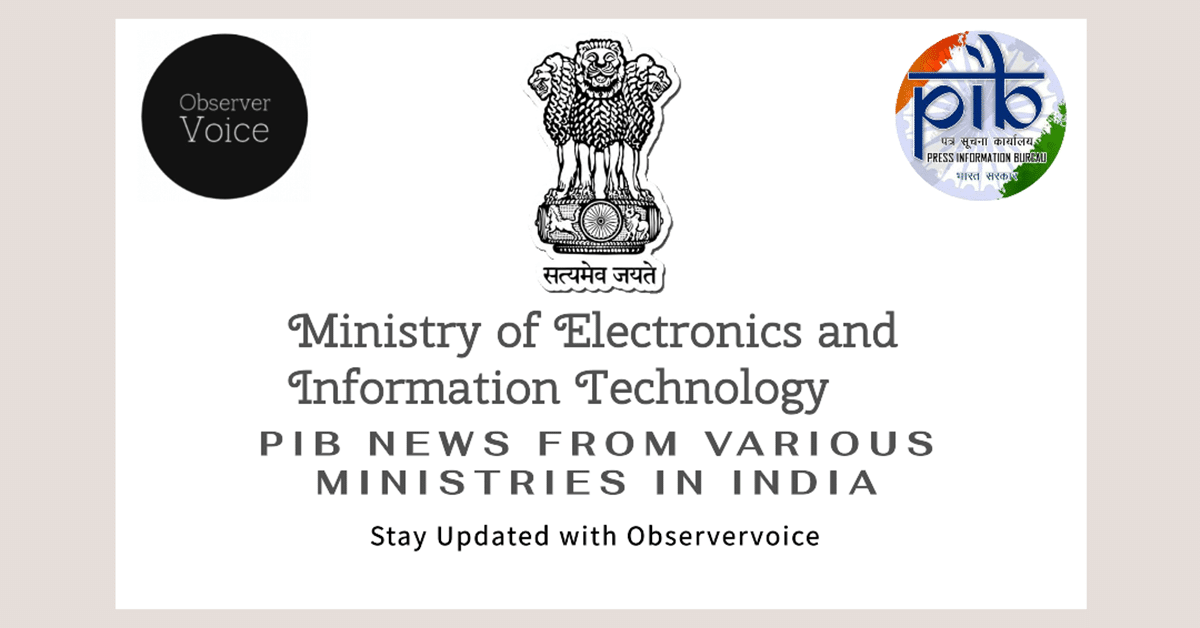Shaping India’s AI Future: A Collaborative Approach

In a significant move towards establishing a robust artificial intelligence (AI) framework, the UNESCO Regional Office for South Asia, in partnership with the Ministry of Electronics and Information Technology (MeitY) of the Government of India and Ikigai Law, recently organized a two-day stakeholder consultation. This event took place on the 16th and 17th of October at IIIT Bangalore and the Nasscom AI office, respectively. The consultation focused on the AI Readiness Assessment Methodology (RAM), which aims to develop a comprehensive AI policy tailored to India’s unique ecosystem. This initiative is part of a broader effort to ensure that AI technologies are adopted responsibly and ethically across various sectors in India.
Understanding AI Readiness Assessment Methodology
The AI RAM initiative is a collaborative effort designed to create an India-specific AI policy report. This report will identify the strengths and growth opportunities within India’s AI landscape. The primary goal is to provide actionable insights that promote the responsible and ethical adoption of AI technologies. As India experiences rapid growth in AI, it is crucial to align governance with ethical principles. This alignment will help foster a holistic AI ecosystem that prioritizes safety and trust.
The AI RAM serves as a diagnostic tool for governments, enabling them to engage effectively in AI regulatory and institutional capacity-building efforts. By identifying opportunities and addressing potential drawbacks, the RAM aims to ensure that AI’s transformative potential is realized responsibly across the economy. This initiative is particularly timely, as the global AI landscape continues to evolve, and countries must adapt to the challenges and opportunities presented by this technology.
Day 1: Engaging Diverse Stakeholders
The first day of the consultation focused on engaging a wide range of stakeholders, including representatives from government, academia, industry, and civil society. Participants explored strategies to align India’s AI ecosystem with the ethical principles outlined in UNESCO’s Global Recommendation on the Ethics of AI. Key themes included transparency, inclusiveness, and fairness in AI development and deployment.
Discussions emphasized the importance of diverse voices in shaping AI policies. By bringing together various stakeholders, the consultation aimed to identify opportunities for collaboration and address potential challenges in the AI landscape. Experts shared insights on how to create an environment that fosters innovation while ensuring ethical practices are upheld. This collaborative approach is essential for building a sustainable AI ecosystem that benefits all sectors of society.
Day 2: Focus on Startups
The second day of the consultation shifted its focus to startups, a critical component of India’s AI landscape. This focus aligns with India’s ambitious INDIAai Mission, which is backed by over ₹10,000 crore in funding. Central to this mission is the Safe and Trusted AI pillar, which underscores the commitment to ensuring safety, accountability, and ethical practices in AI development.
By promoting indigenous frameworks and robust governance tools, the INDIAai Mission aims to empower innovators and democratize the benefits of AI across various sectors. The discussions on this day highlighted the unique challenges and opportunities faced by startups in the AI space. Participants shared their experiences and insights, contributing to a deeper understanding of how to support the growth of AI startups while maintaining ethical standards.
Both days featured expert presentations, breakout sessions, and discussions that provided actionable insights into responsible AI adoption. Notable speakers included Dr. Mariagrazia Squicciarini from UNESCO and Shri Abhishek Singh from MeitY, who emphasized the importance of translating ethical recommendations into concrete policy actions tailored to India’s unique AI ecosystem.
Building India’s AI Roadmap
The consultation concluded with breakout sessions that facilitated in-depth discussions on key areas such as governance, infrastructure, workforce development, and sectoral AI adoption. Participants provided valuable inputs that will help shape the foundation for India’s AI policy roadmap. These collaborative efforts aim to address existing gaps, prioritize opportunities, and ensure that ethical AI practices contribute to societal well-being.
The insights gathered during the consultation will play a crucial role in guiding India’s approach to AI governance. By fostering collaboration among stakeholders, India can create a comprehensive AI policy that not only promotes innovation but also safeguards ethical standards. This roadmap will be instrumental in positioning India as a leader in responsible AI development, particularly in sectors like healthcare, education, and agriculture.
Observer Voice is the one stop site for National, International news, Sports, Editor’s Choice, Art/culture contents, Quotes and much more. We also cover historical contents. Historical contents includes World History, Indian History, and what happened today. The website also covers Entertainment across the India and World.

